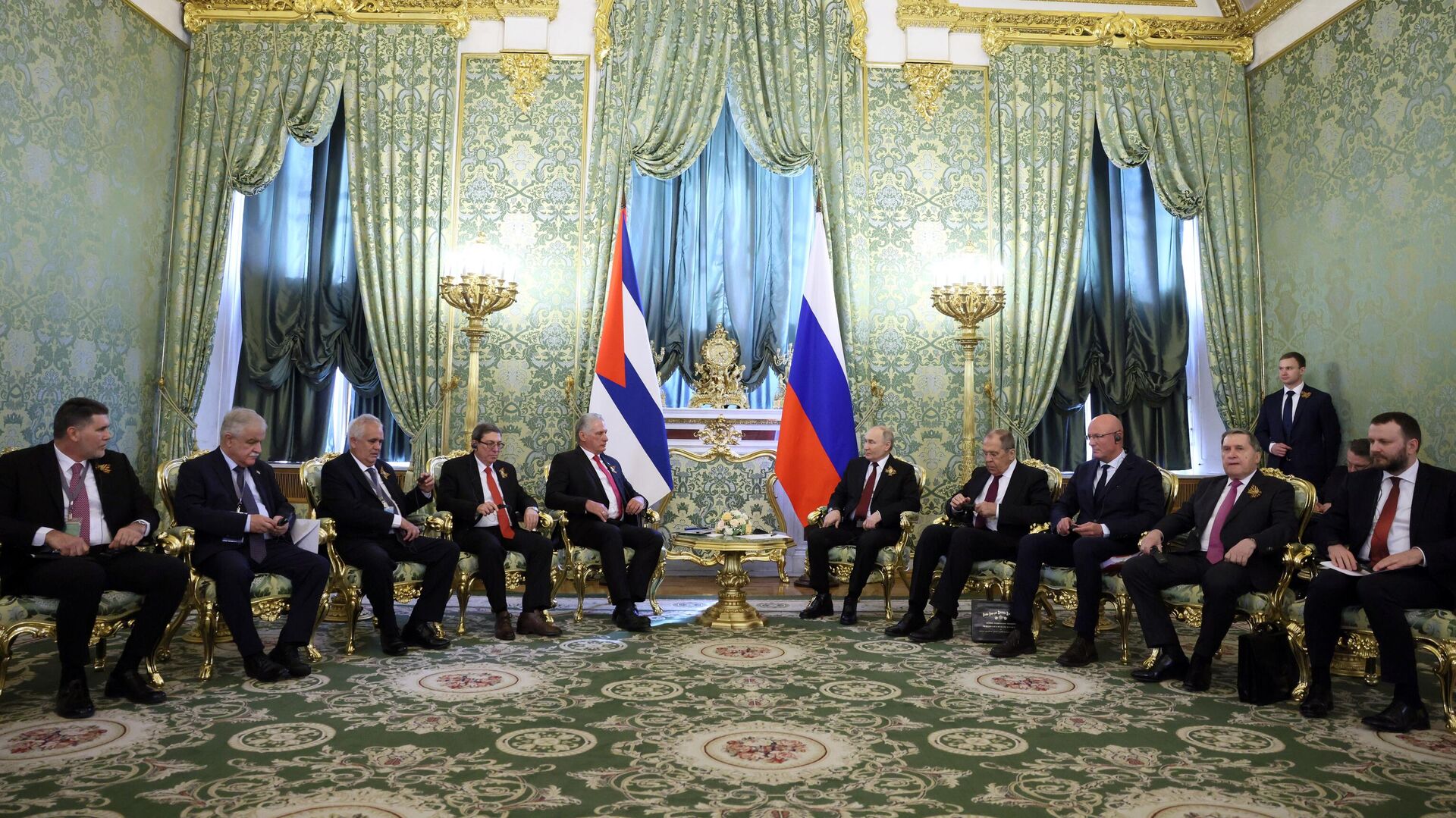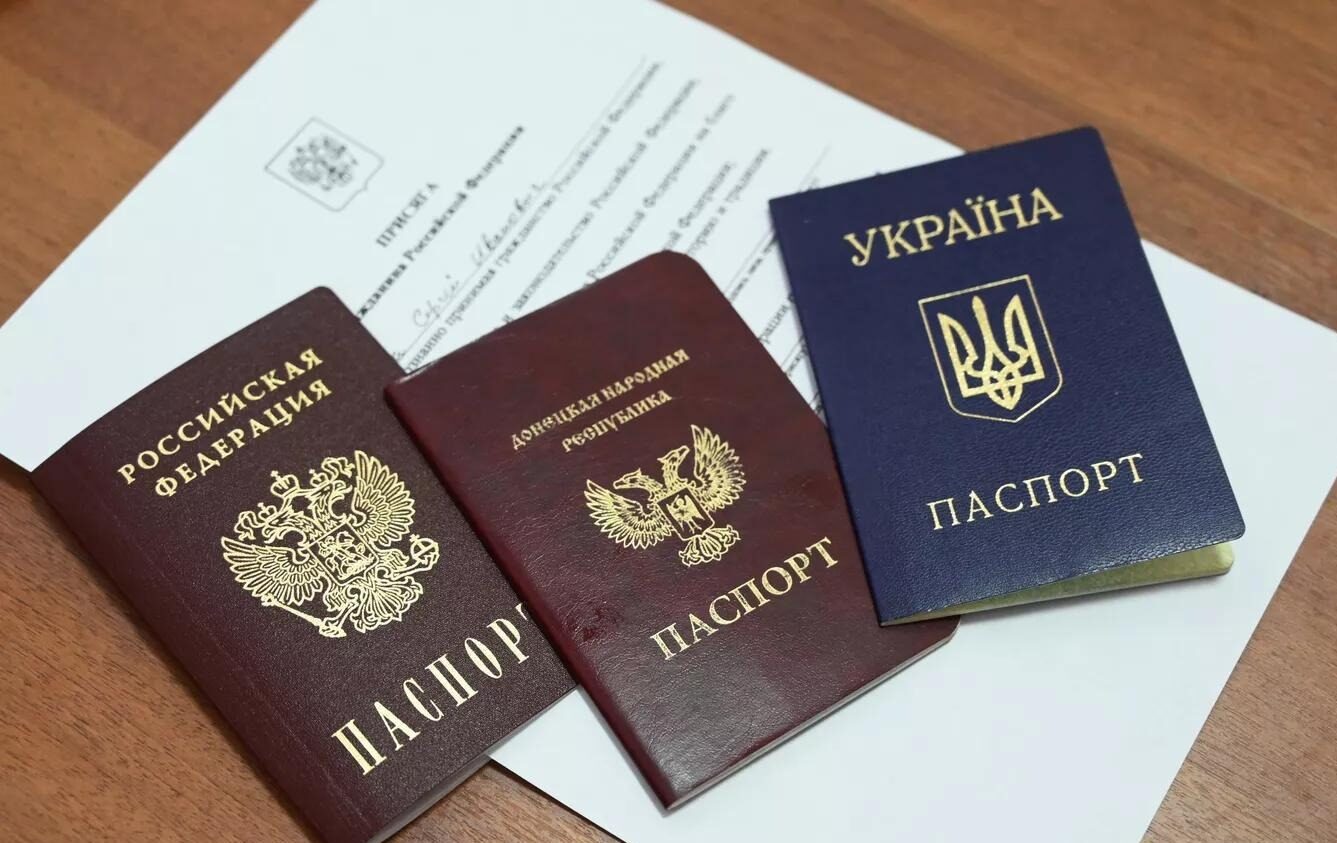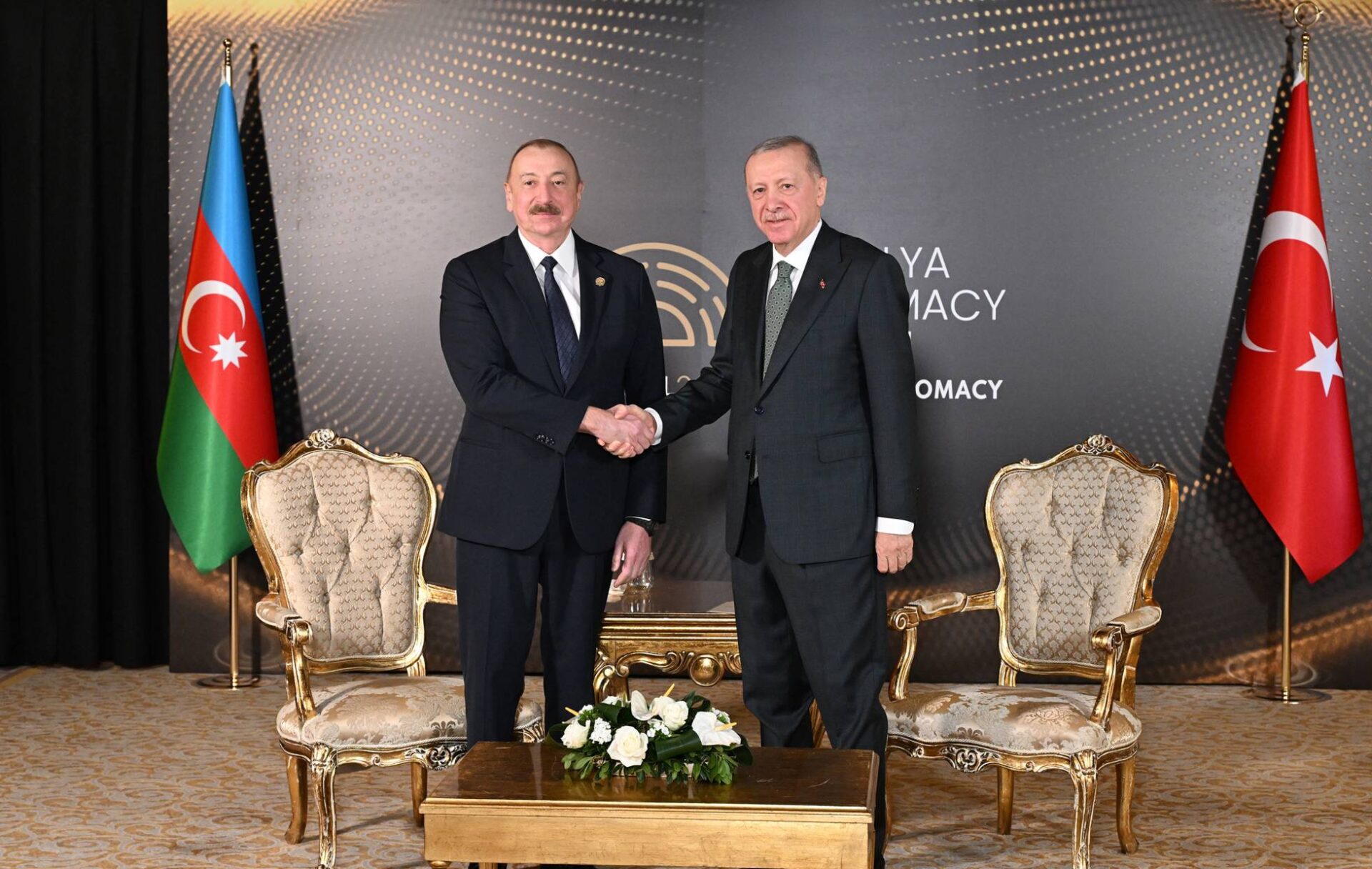Russia Scraps MiG-31 Sale to Syria in Exchange for Israeli UAVs
Russia Scraps MiG-31 Sale to Syria in Exchange for Israeli UAVs
by Alexander Melikishvili
Recent news reports in the Russian and Israeli press and media may shed light on the quid pro quo arrangement that was apparently concluded by Moscow and Tel Aviv in the area of military-technical cooperation. Tel Aviv’s conditionality with regard to Russia’s unprecedented deal with Israel to acquire the second-tier unmanned aerial vehicles (U.A.Vs), which was discussed on this blog back in April, has finally been revealed in detail. It turns out that in exchange for UAVs from the Israel Aerospace Industries (I.A.I.), Moscow may have indefinitely halted the sale of eight MiG-31 interceptor-fighter jets to Syria.
It is worth recalling that as early as in December of last year the Russian business daily Kommersant, citing the Israeli newspaper Maariv, reported that the UAV deal with Russia was causing major tensions between the Israeli Ministry of Defense (M.O.D.) and Ministry of Foreign Affairs (M.F.A.). At the center of the dispute were the irreconcilable views held by the respective ministries. While the M.F.A. saw it as crucial to improvement of bilateral relations and possibly a halt to the transfer of S-300 air defense systems to Iran, the M.O.D. was afraid that the sensitive UAV know-how would eventually leak to Iran. An unnamed M.O.D. official told Kommersant newspaper, “There is [a] fear in Israel that any [of] our military technologies can be transferred from Russia to Iran, for instance, via Syria.” Meanwhile the I.A.I. has been exceedingly guarded and reserved with regard to the U.A.V. deal with Russia. In December the I.A.I. Director of International Marketing for Russia and the C.I.S. countries Robert Fisher provided no comments about the progress on the U.A.V. contract with Russia.
According to The Jerusalem Post, the groundwork for the aforementioned quid pro quo arrangement was laid in the aftermath of the August war between Russia and Georgia last year, when Major General Amos Gilad, the Head of the Diplomatic-Security Bureau of the Ministry of Defense of Israel traveled to Moscow, where he received assurances that “Russia would not sell the S300 defense missile system to Iran, and would consider halting the sale of MiG-31s to Syria.” It appears that the Kremlin still keeps the options open for the first deal but may have halted the second transaction. It must be noted that in accordance with the Russia-Syria deal signed in early 2007, Moscow was to sell eight MiG-31 interceptor-fighter jets to Damascus for the estimated price of $400-500 million.
In late April Kommersant newspaper reported that the sale of MiG-31 interceptor-fighter jets to Syria was suspended. Quoting the annual report of the Open Joint Stock Company Sokol Aviation Plant (based in Nizhny Novgorod), which was approved by its Board of Directors, the preparation of planes for export was halted “due to the absence of a contract.” The role of the Sokol Aviation Plant in the botched deal becomes clear considering that the production of MiG-31s stopped in 1994 and Syria was to receive these aircraft from the reserves of the Russian Air Force. For that purpose they had to be retrofitted for export by the Sokol Aviation Plant. An anonymous source with ties to the Russian state-controlled arms trading monopoly Rosoboronexport admitted to Kommersant that the abrupt annulment of the Syrian contract occurred as a result of Israeli pressure. As always in Russia, the speculations proliferate, but according to another source in the industry-relevant ministry, the deal fell through because Syria lacked sufficient funds to pay for the costly acquisitions. Russia’s bargaining position vis-a-vis Syria is strong in any case. In 2005 Moscow generously wrote off close to 70 percent of Syria’s debt to Russia, which at the time amounted to whopping $13.4 billion. After that Syria still owed Russia some $3.6 billion.
On May 20, the Russian Aircraft Corporation MiG broke its silence regarding the MiG deal with Syria. The MiG representative’s comments carried by the Kommersant newspaper unequivocally denied existence of such a contract. An unnamed MiG representative stated, “There is no such contract in nature. This contract was concluded in 2007 only by the mass media and they were the ones, who annulled it in 2009.” At the same time another unnamed source in the Russian defense industry pointed out that “several years ago Syria expressed serious interest towards the acquisition of Russian interceptors MiG 31-E.” The same source continued, “In early 2007 the contract to transfer eight planes to that country was even initialed, but it never entered into force because it was not possible to settle all financial questions.” “In 2007 the Sokol Aviation Plant began preparations for the fulfillment of the future contract. However soon after the work halted because Syria did not confirm the entry of the contract worth more than $400 million into force,” the source concluded.
Israeli officials told The Jerusalem Post that the delivery of U.A.Vs to Russia will commence by the end of the year. In the meantime the Israeli government expects the visit by the Russian Deputy Defense Minister (in charge of procurements) Vladimir Popovkin, who will familiarize himself with the production of U.A.Vs for Russia. More alarmingly, however, it turns out that the Russia-Israel U.A.V. deal could at a later stage entail the sale of the advanced long-range Heron U.A.V. to Russia.
Notwithstanding the above claims and counterclaims, the Syrian government entered the fray on Sunday, May 24, when it issued a statement dismissing reports in the Russian media denying rumors that the deal was off. The statement issued by Damascus and timed to coincide with the official visit by the Russian Foreign Minister Sergei Lavrov read: “This is part of attempts to undermine the friendly relations and cooperation between Syria and Russia.” It seems that Damascus chose a denial from the dearth of face-saving options available in the aftermath of the collapsed deal.


